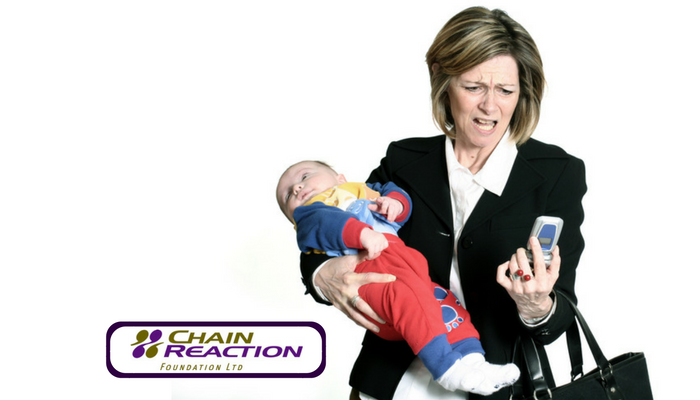Is Fear of the Perception of Others, often Prohibiting Parents from Seeking the Help They Need

Australia is a society that has always supported the belief that welfare and assistance should be there for those who need it. Around 18% of women and 11% of men will seek help for an anxiety or stress disorder over the course of their lifetimes, around 27.5% of the work age population is eligible for some sort of welfare assistance, and $3.8bn of our government’s budget is earmarked for Official Developmental Assistance projects.
Whatever your opinion of welfare and governmental assistance provision in general, these statistics are not indicative of a nation which throws its citizens on the scrap heap or turns its back on them. Instead, the figures show that the notion of ‘society’ – of ‘being in this together’ – remains strong in Australia.
Social Perception and the Parenting Dilemma
Despite these numbers, there is still a perception within Australian society that parenting is somehow an intrinsic skill, something that young parents – and young mothers in particular – have etched into their DNA at birth. This is simply not the case. While it is true that we – as animals of the human variety – have a degree of inherent maternal or paternal instinct within us, parenting is a skill like any other, and learning it well requires the right support.
The notion that “parents who need a book about raising children shouldn’t be allowed to have children” may harm young parents, and also the next generation of Australians.
Learning the Parenting Ropes
What do you do when you discover a new interest or when you find yourself engaged in an activity which inflames your passion? If you are like most of us, you research it. Perhaps you buy or download a book and read up on it. Maybe you do the same thing online, perhaps you watch a television show on the subject or you speak to someone with similar interests; these are all ways in which we can learn more and develop our skills in a certain field.
Isn’t it good to take this approach, to utilise the platforms and resources within our reach to develop our skills and to become better people? Why should parenting be the exception to this rule?
The Government’s Role to Play
A clever government will lead by example if this perception is to change. The landscape of the typical Australian family has shifted. With traditional support networks no longer in place it is up to our leaders to ensure that no Australians fall through the cracks in society.
Government can vote for parents by supporting the tools required to upskill, and to continue to raise the next generation of Australians in a responsible and conscientious manner.
It is not a case of patronising young families, or of governmental interference in private family matters; it is about the government playing its part in the modern world in building a positive foundation for a better tomorrow. This, I’m sure, is something all of us can get behind.
Margaret Bell, AM - Founder and CEO of Chain Reaction Foundation.
| Donate to our Foundation | Contact Us | Purchase the Book |
